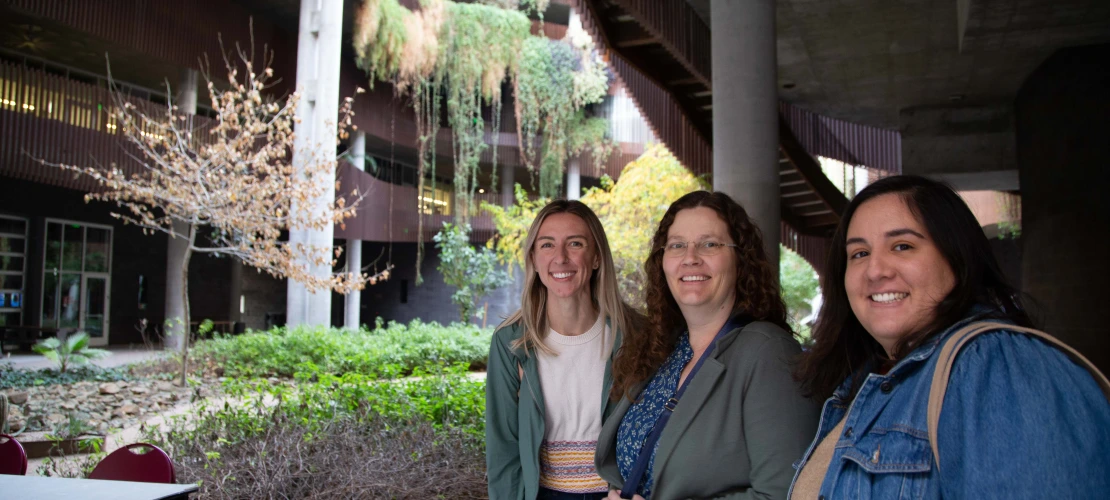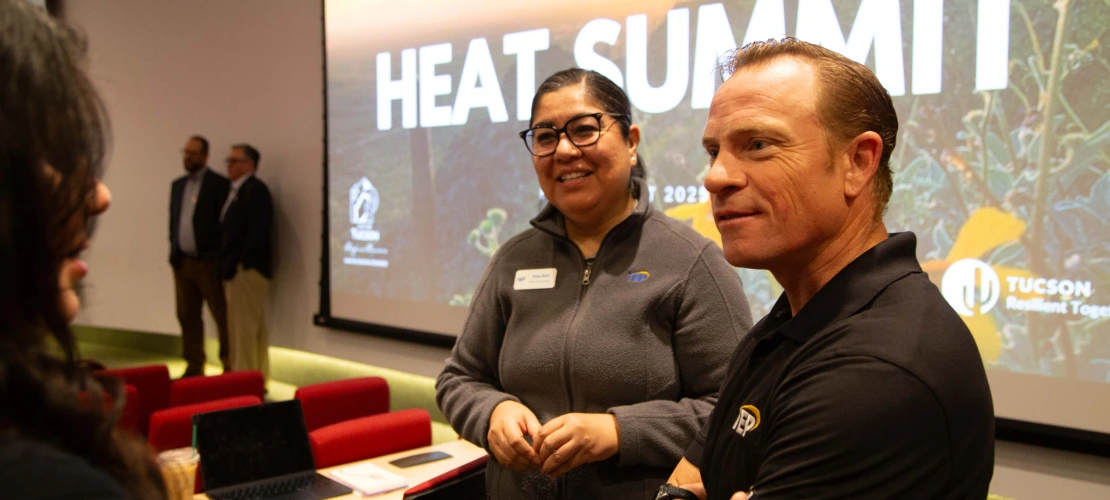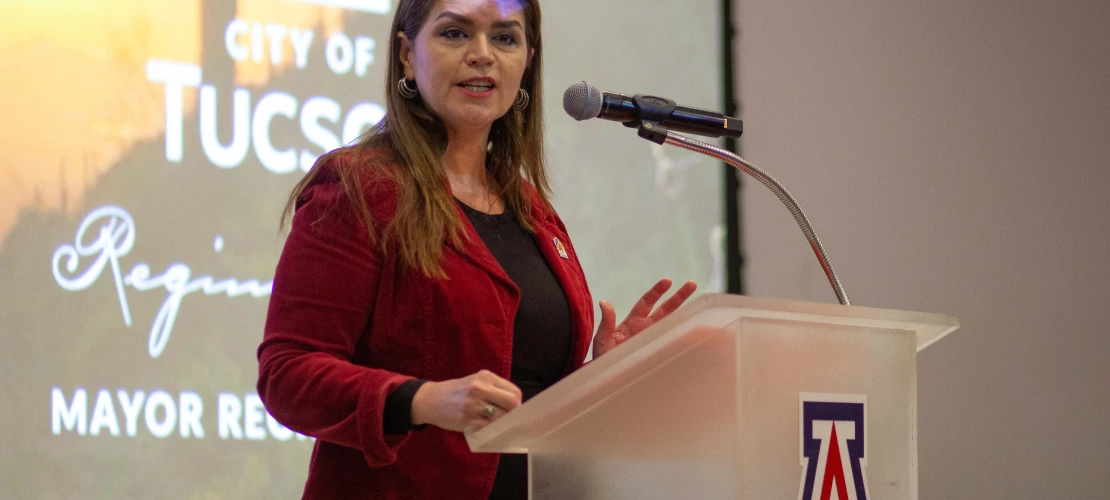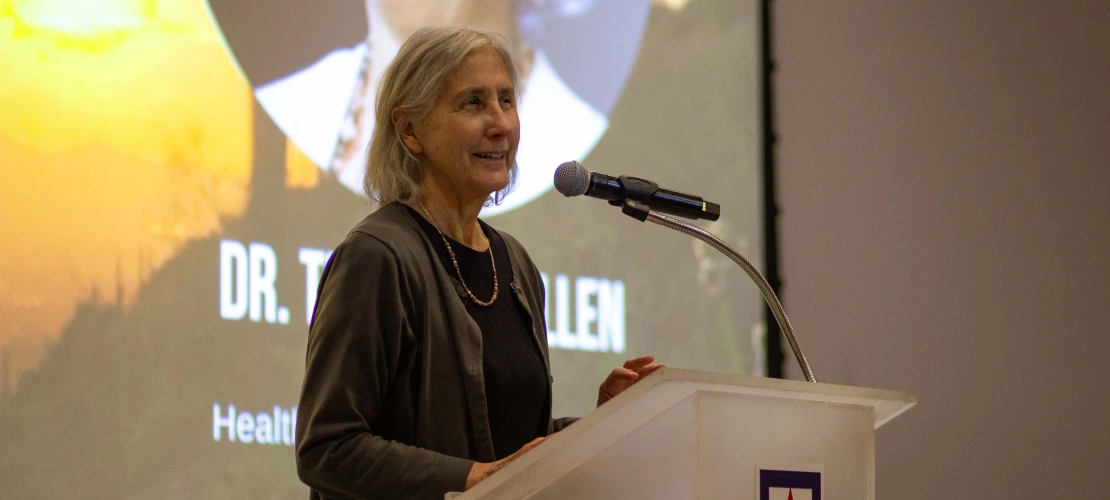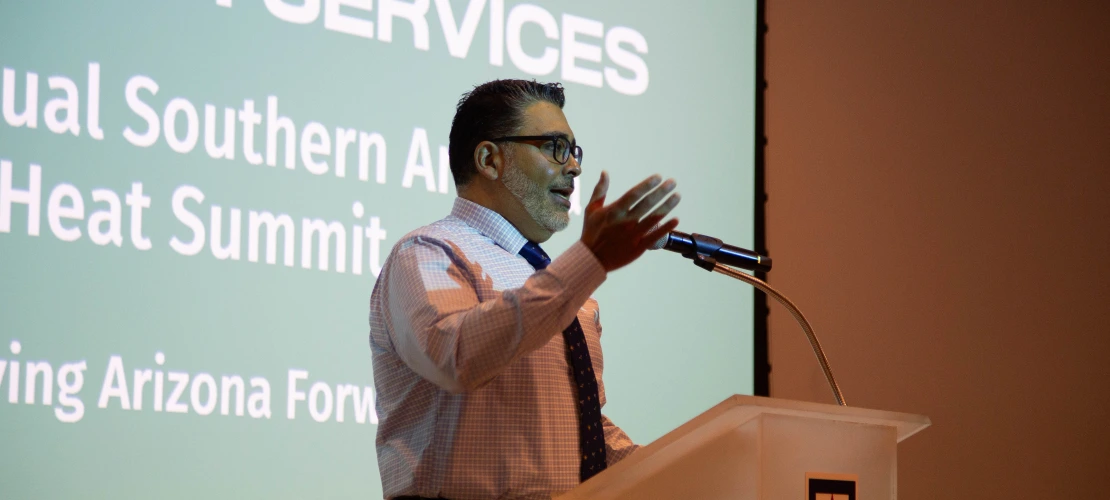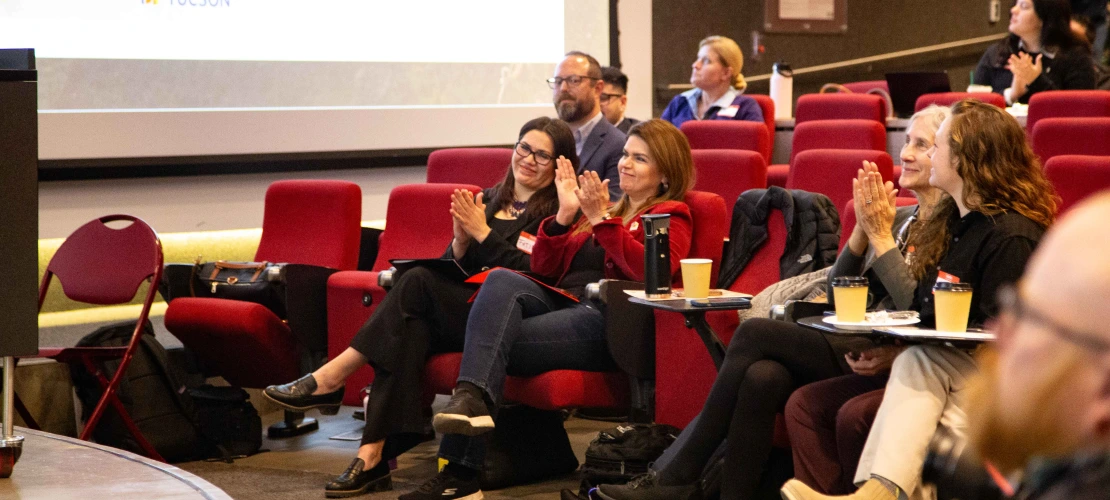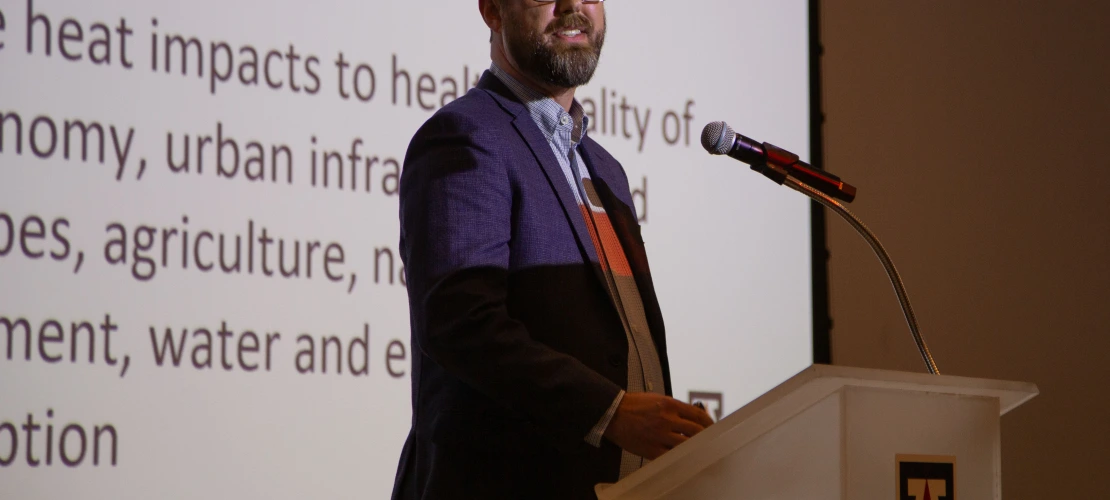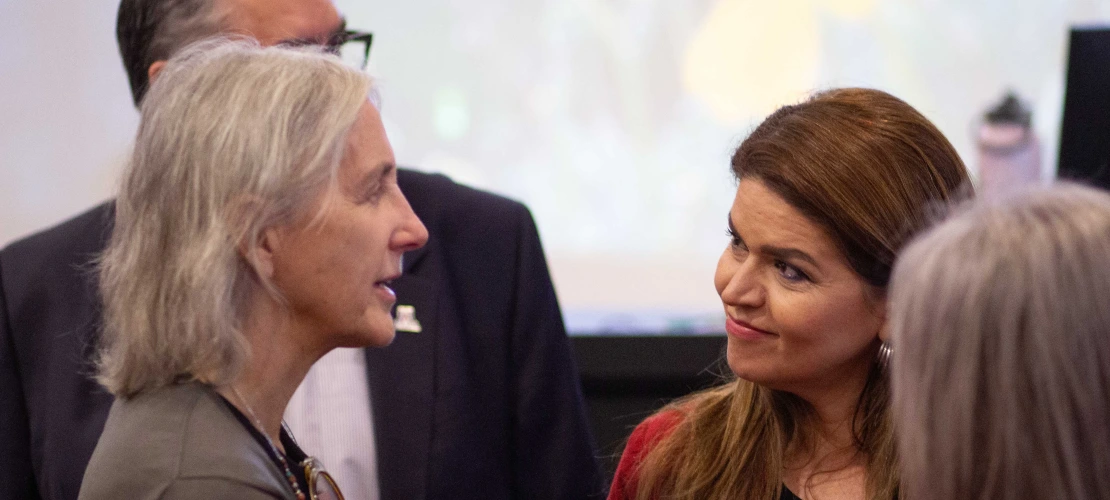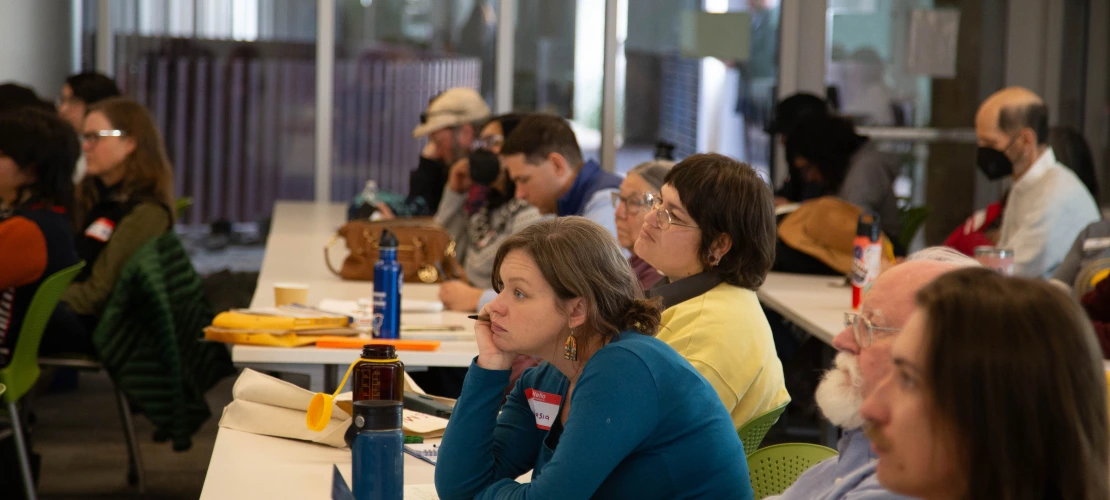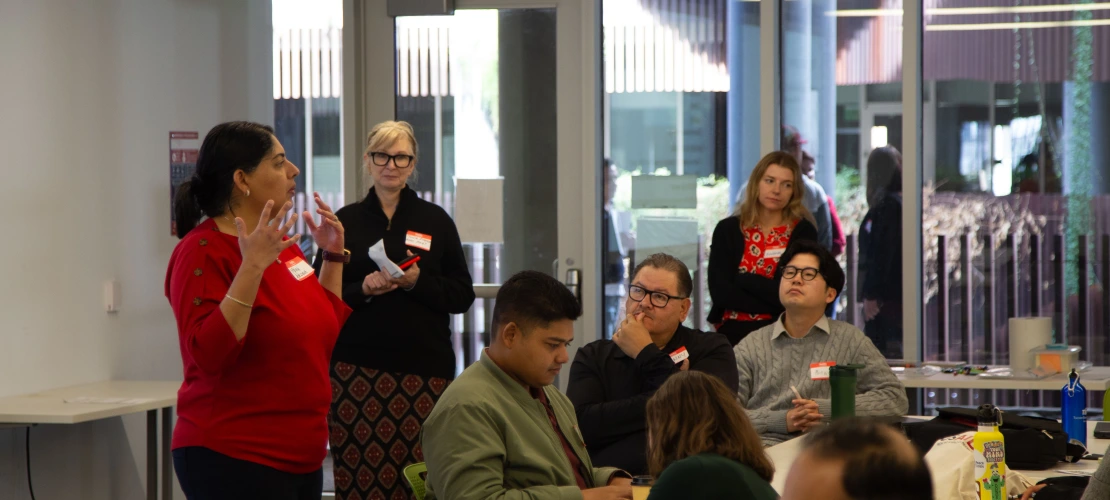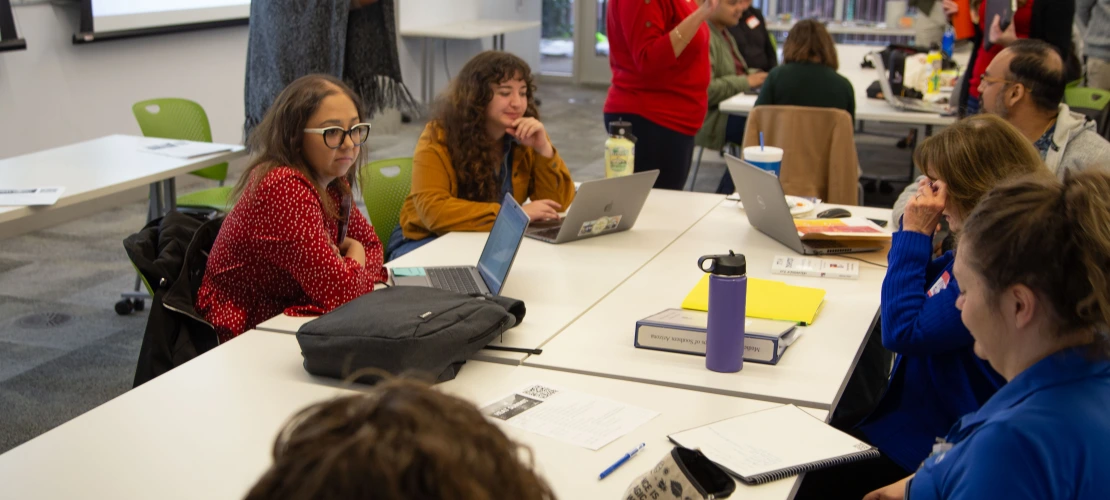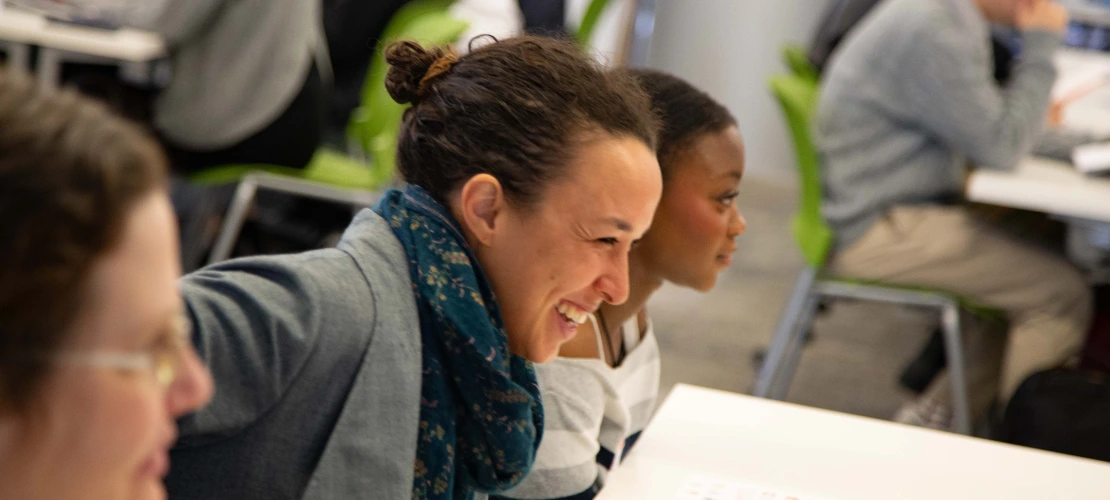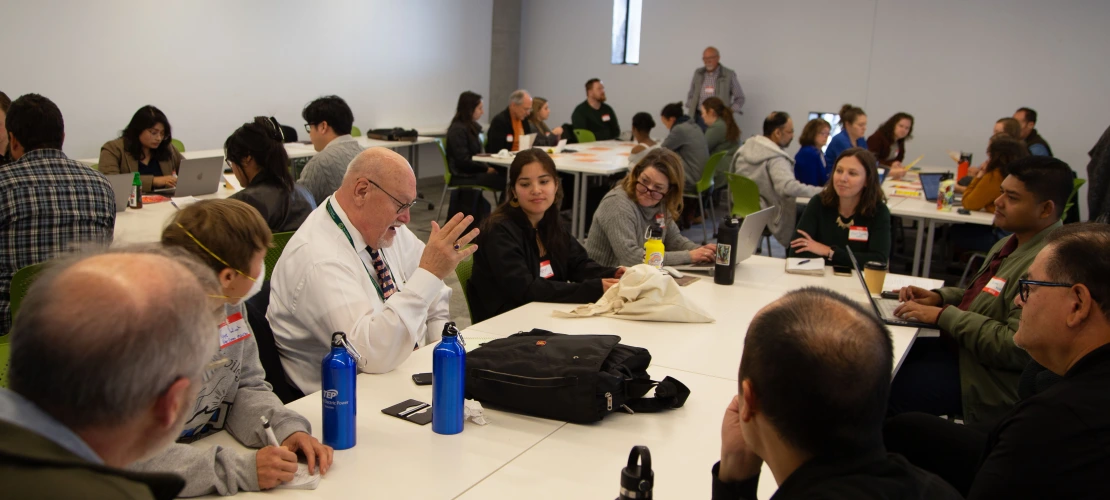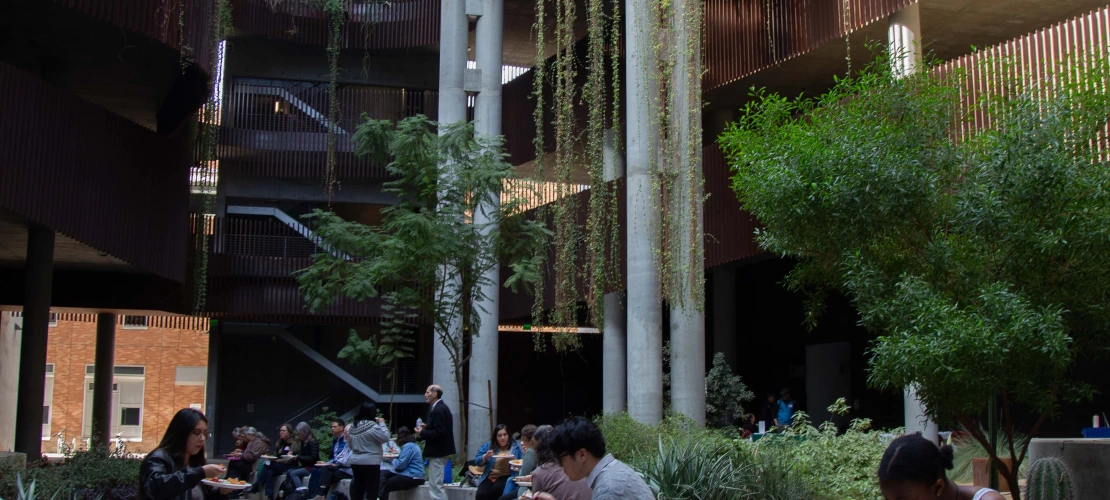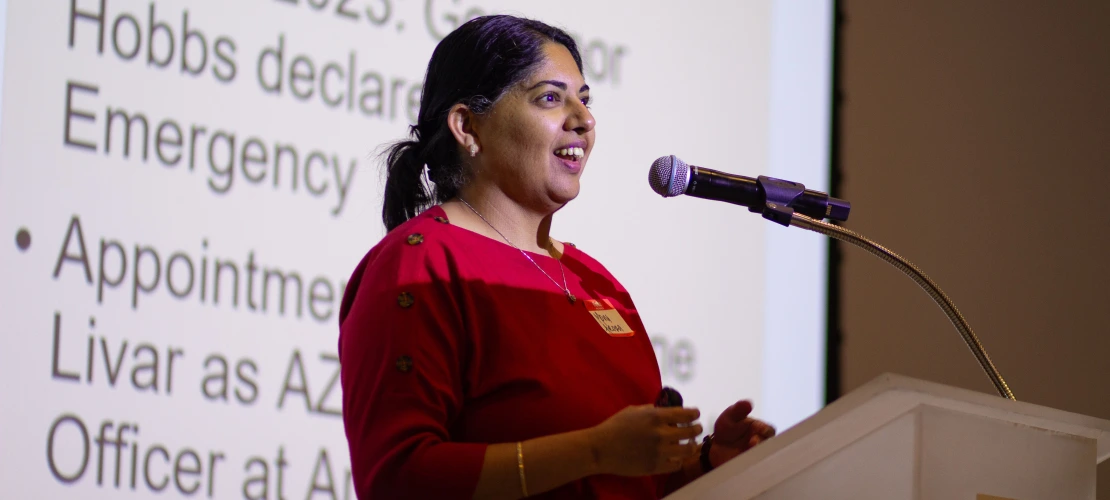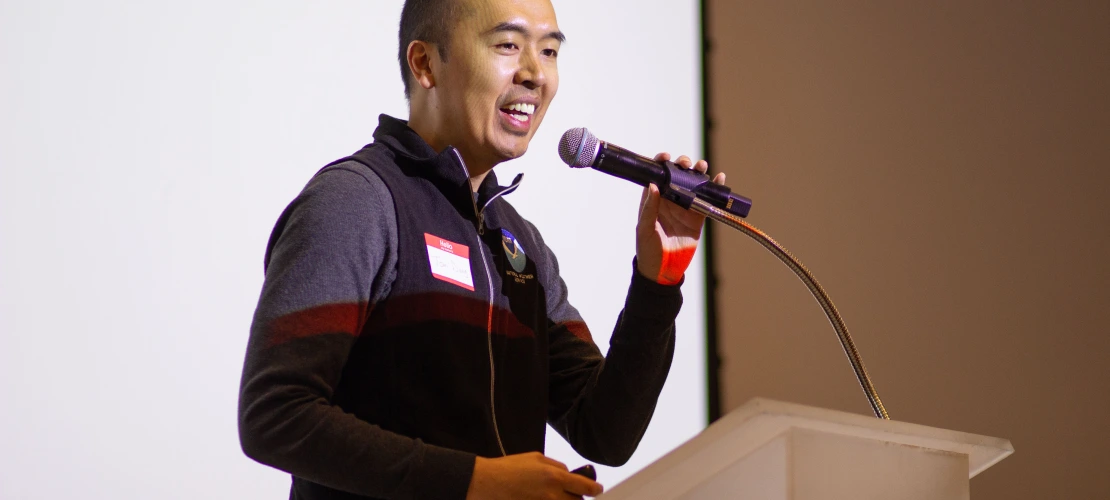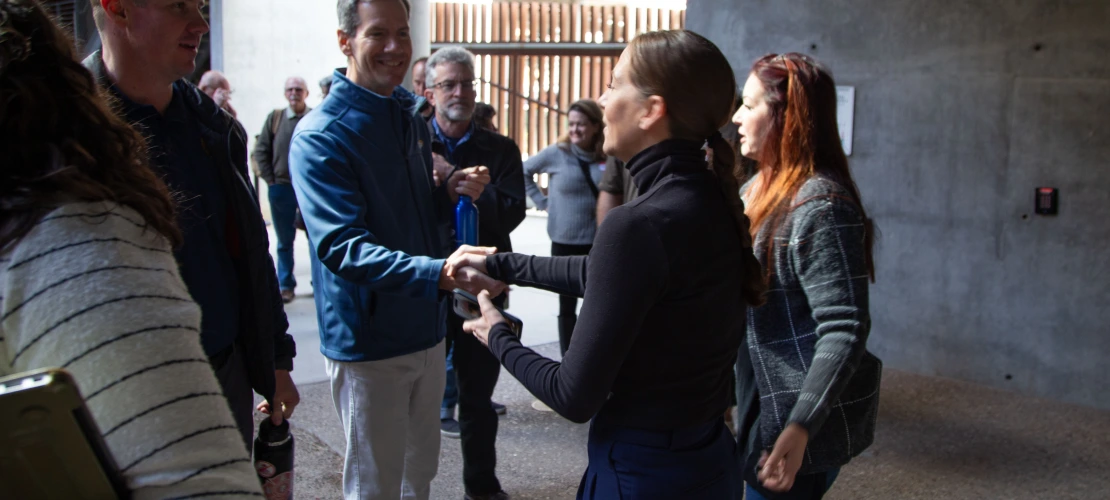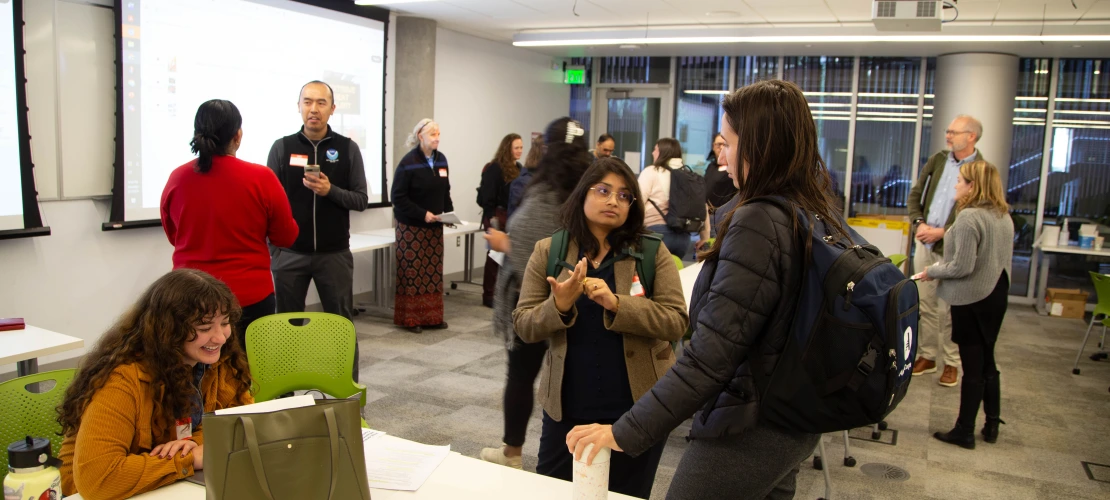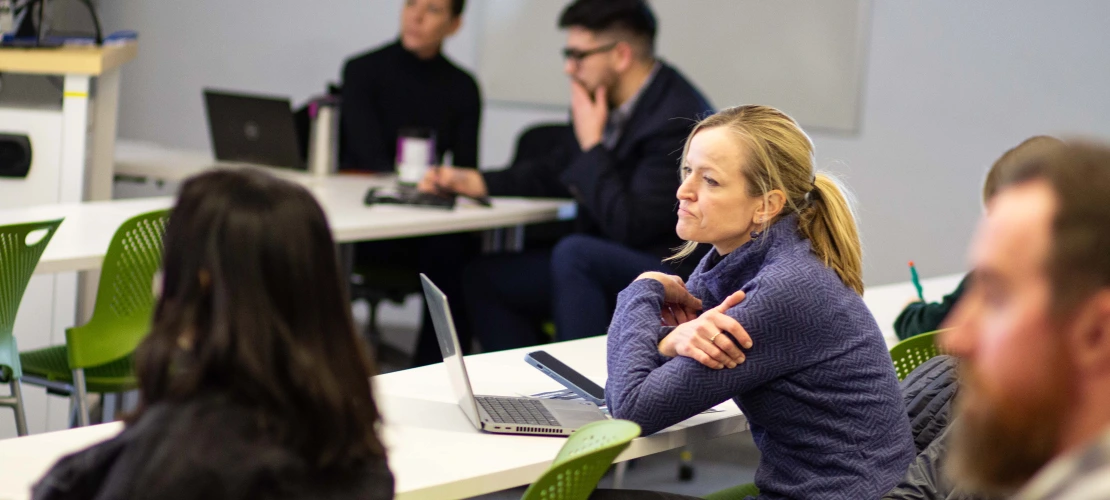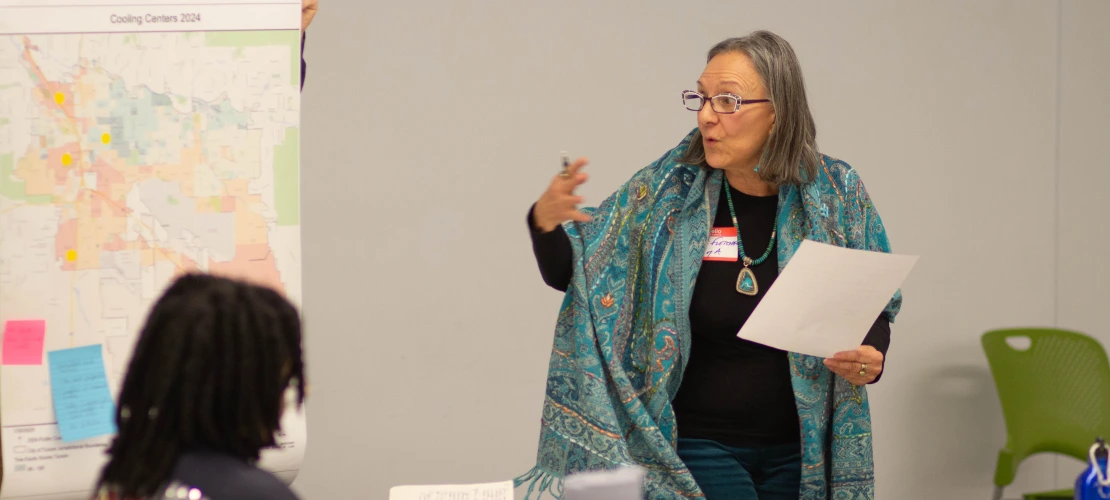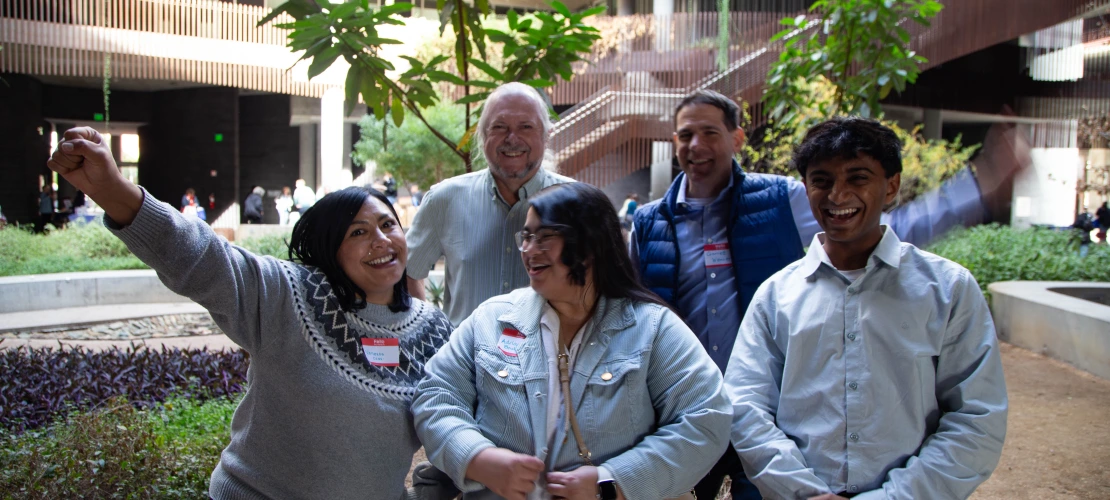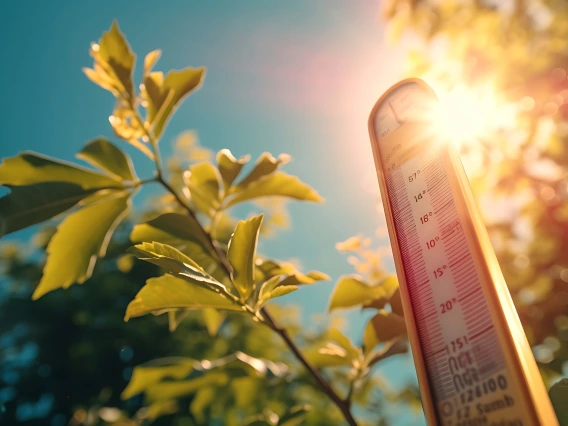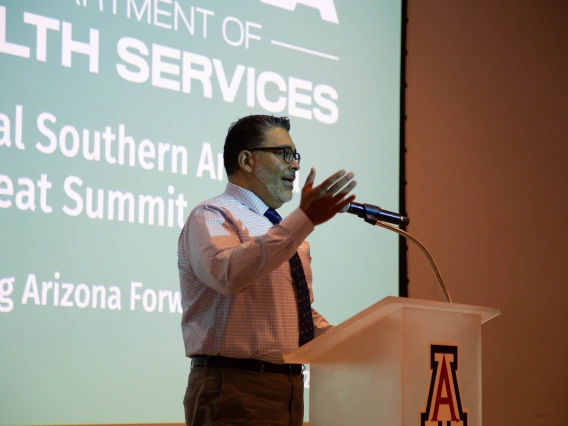SCORCH CENTER MISSION
SCORCH is dedicated to research and programs that will empower communities in dry regions, both locally and globally, to adapt to the health risks of climate change and to build health equity as heat, drought, wildfires, and other climate crises threaten population health.
The Southwest Center on Resilience for Climate Change and Health (SCORCH) supports cross-disciplinary researchers and community partners to plan and implement programs that helps underserved communities in hot and dry geographic regions adapt to climate-driven health threats. The Center’s applied research in the Southwestern United States builds knowledge and practice that benefits communities globally.
News and Events
Pagination
- First page
- …
- 5
- 6
- 7
- …
- Last page
There are no upcoming events listed.
Pagination
- First page
- …
- 1
- 2
- …


